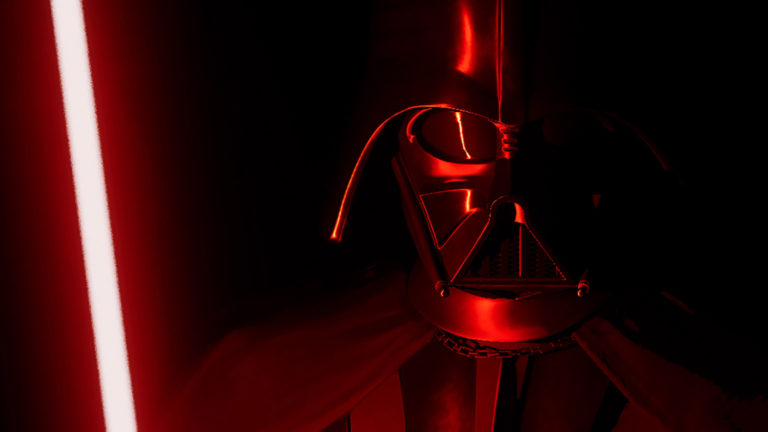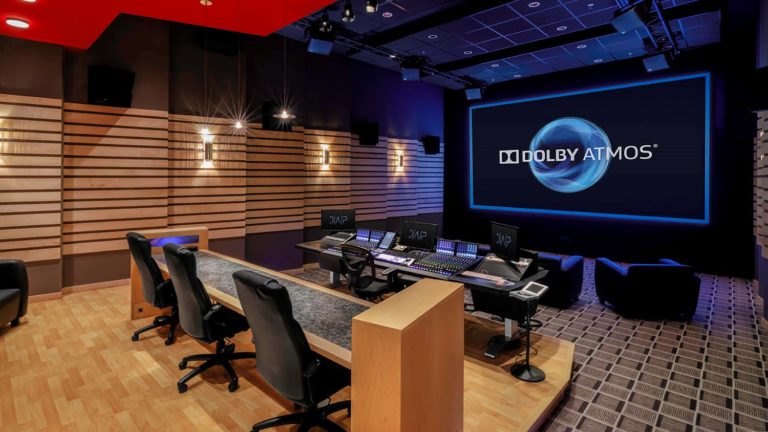The 1930 film Hell’s Angels was Howard Hughes’ paean to the fighter pilots of World War I who jousted in the skies above France- a film driven by Hughes’ own passion for flying and designing aircraft. So it’s appropriate that The Aviator would have its audio mixed by a pilot. "The audio mix is pretty straight-ahead," observed Tom Fleischman, who mixed The Aviator on a Euphonix System 5 digital console at Soundtrack’s F/T studio in New York – and who flies a Beechcraft Bonanza out of White Plains Airport whenever he can. "There’s lots of aircraft engine noise and period vehicle sounds of the 1930s and‘40s [created on stems built by sound effects designer Eugene Gearty]. But what is different is that this is a Scorsese film with no voice-overs or flashbacks. It’s a very linear film. There are no time transitions, and the sound is very linear in its own way, too."
Fleischman mixed to a digital picture brought in on Beta SP and edited on a Lightworks system. His sound sources were stored on a Digidesign Pro Tools|HD system and recorded to an AKAI DD8 dubber. A single 5.1 mix was used to create mix masters for Dolby SRD, DTS, and SDDS formats. For processing, Fleischman used a combination of a TC Electronic TC6000 and Lexicon 480L systems, but said he relied more heavily on Gearty’s very precise recordings of period aircraft, such as the AT-6 trainer and Beech 18 that Hughes flies in the film. The deafening sound of the massive Spruce Goose’s eight engines was crafted out of sound from the radial engines of a World War II-era B-25 bomber.
As the film cut between an aircraft cockpit interior and exterior in a single scene, Fleischman varied the sound of dialogue heard over engine noise. "When it’s outside, you have to find the right balance to make it seem as through the actor is fighting to be heard over the roar of the engine, yet still have the dialog be intelligible," Fleischman explained. "When you cut to the cockpit interior, you move the engine sounds off into the surrounds and roll a bit of high EQ off the engines to change the perspective."
The film’s plane crashes – Hughes had a penchant for wrecking airplanes and cars and then walking away mostly unscathed- might be disconcerting to a pilot. But Fleischman knows it’s a movie. "I think it does help that I’m a pilot. I know how loud an aircraft engine can be. And these guys didn’t have the benefit of noise-canceling headsets."










Leave a Reply